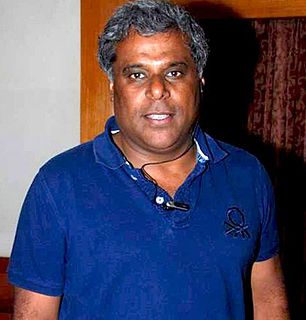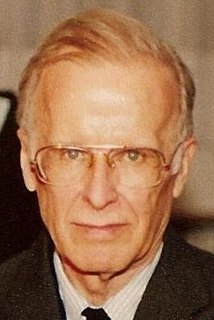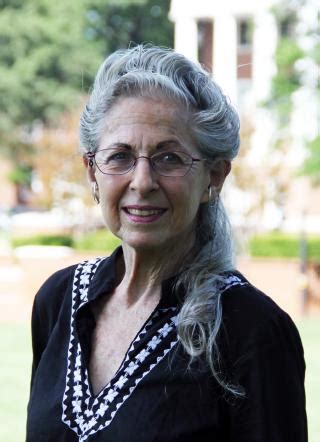A Quote by Elif Batuman
One of my favorite literary theorists, Mikhail Bakhtin, wrote that the defining characteristic of the novel is its unprecedented level of "heteroglossia" - the way it brings together so many different registers of language. He doesn't mean national languages, but rather the sublanguages we all navigate between every day: high language, low language, everything. I think there's something really powerful about the idea of the novel as a space that can bring all these languages together - not just aggregate them, like the Internet is so good at doing, but bring them into a dialogue.
Quote Topics
About
Aggregate
Between
Bring
Brings
Characteristic
Day
Defining
Dialogue
Different
Doing
Every
Every Day
Everything
Favorite
Good
High
Idea
Internet
Just
Language
Languages
Level
Like
Literary
Low
Many
Mean
My Favorite
National
National Language
Navigate
Novel
Powerful
Rather
Really
Really Powerful
Something
Something Real
Space
Them
Theorists
Think
Together
Unprecedented
Way
Wrote
Related Quotes
I work in Hebrew. Hebrew is deeply inspired by other languages. Not now, for the last three thousand years, Hebrew has been penetrated and fertilized by ancient Semitic languages - by Aramaic, by Greek, by Latin, by Arabic, by Yiddish, by Latino, by German, by Russian, by English, I could go on and on. It's very much like English. The English language took in many many fertilizations, many many genes, from other languages, from foreign languages - Latin, French, Nordic languages, German, Scandinavian languages. Every language has influences and is an influence.
All the kids are learning different languages. I asked them what languages they wanted to learn, and Shi is learning Khmai, which is a Cambodian language; Pax is focusing on Vietnamese, Mad has taken to German and Russian, Z is speaking French, Vivienne really wanted to learn Arabic, and Knox is learning sign language.
I'm German! Actually, I love my countr, ;I love the language. The German language is very special because it is so precise. There is a word for everything. There are so many wonderful words that other languages don't have. It is impressive to have such a rich language, and I love to work in that language.
Lisp was far more powerful and flexible than any other language of its day; in fact, it is still a better design than most languages of today, twenty-five years later. Lisp freed ITS's hackers to think in unusual and creative ways. It was a major factor in their successes, and remains one of hackerdom's favorite languages.
Von Neumann languages do not have useful properties for reasoning about programs. Axiomatic and denotational semantics are precise tools for describing and understanding conventional programs, but they only talk about them and cannot alter their ungainly properties. Unlike von Neumann languages, the language of ordinary algebra is suitable both for stating its laws and for transforming an equation into its solution, all within the "language."


































